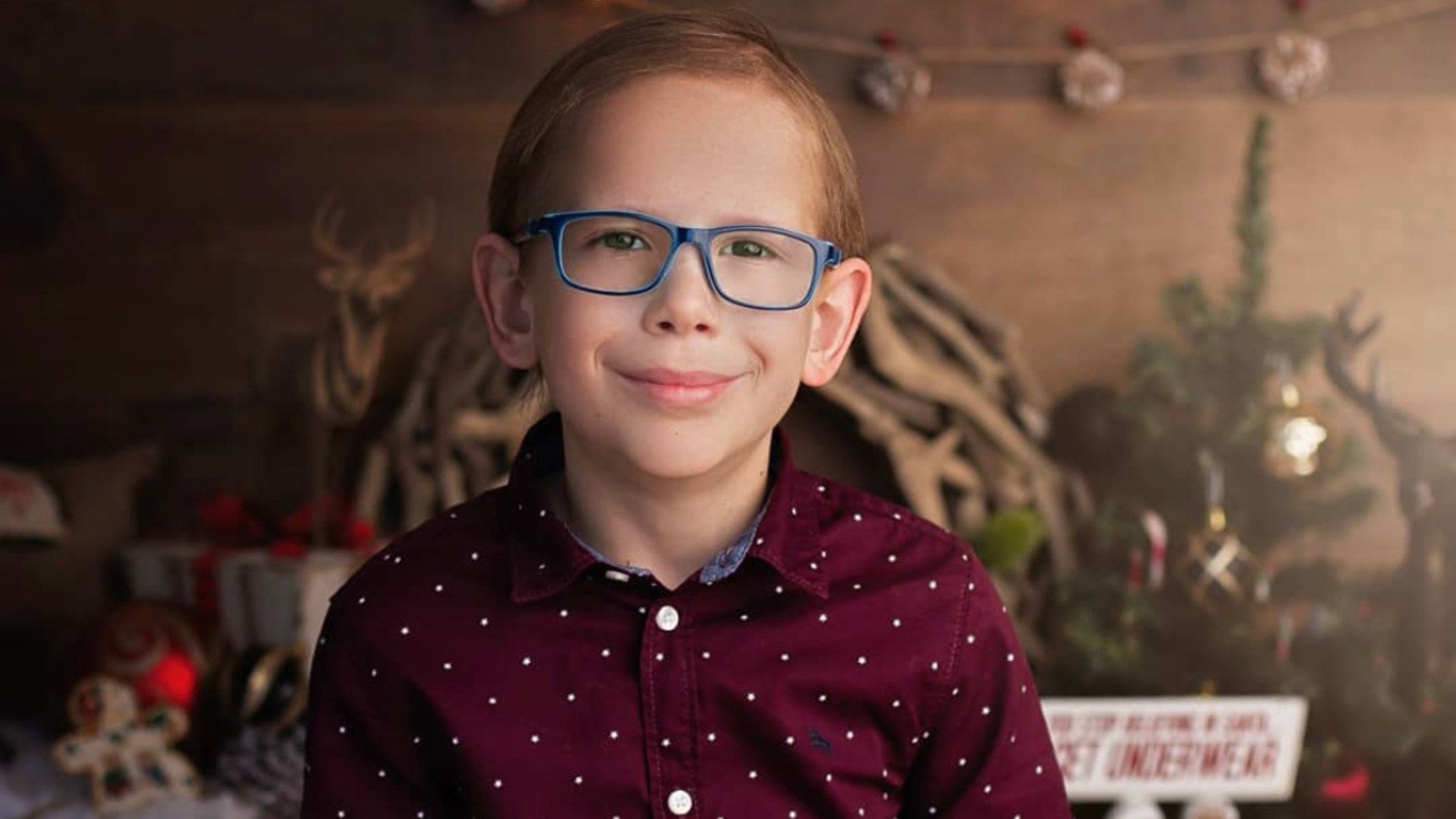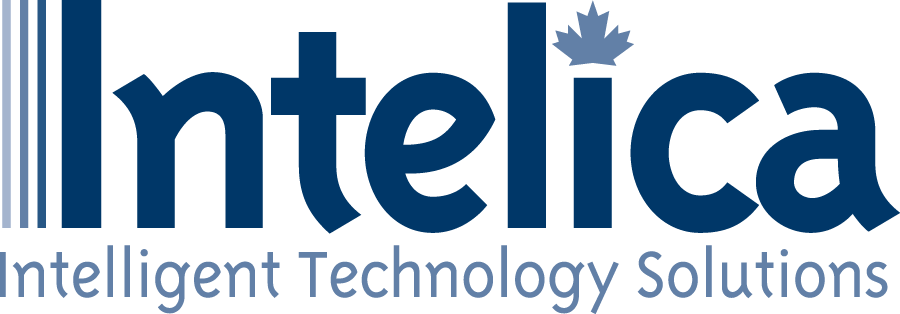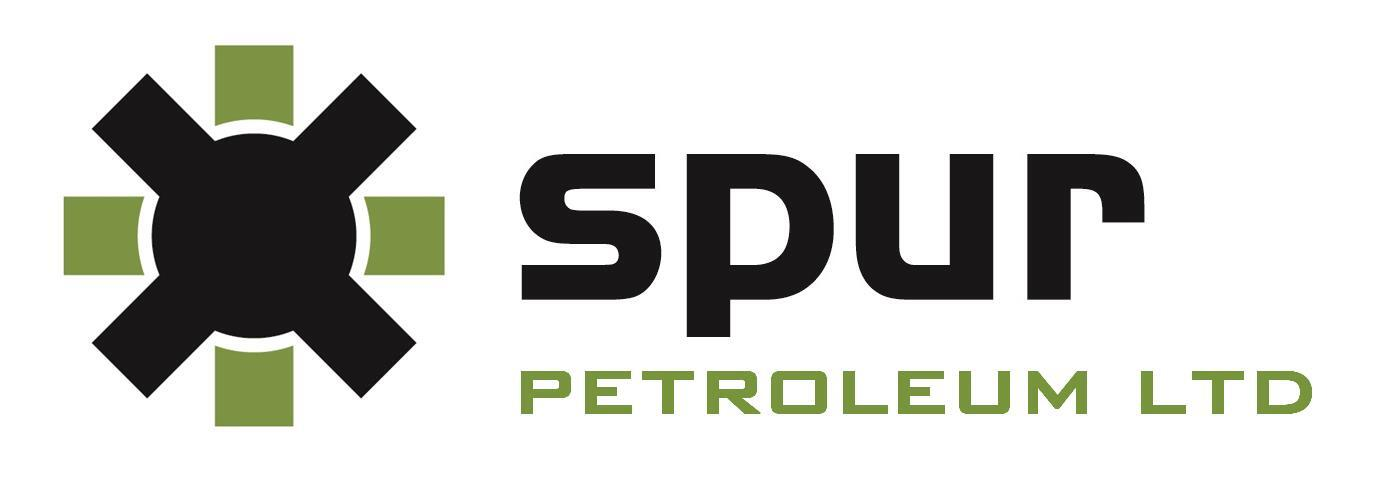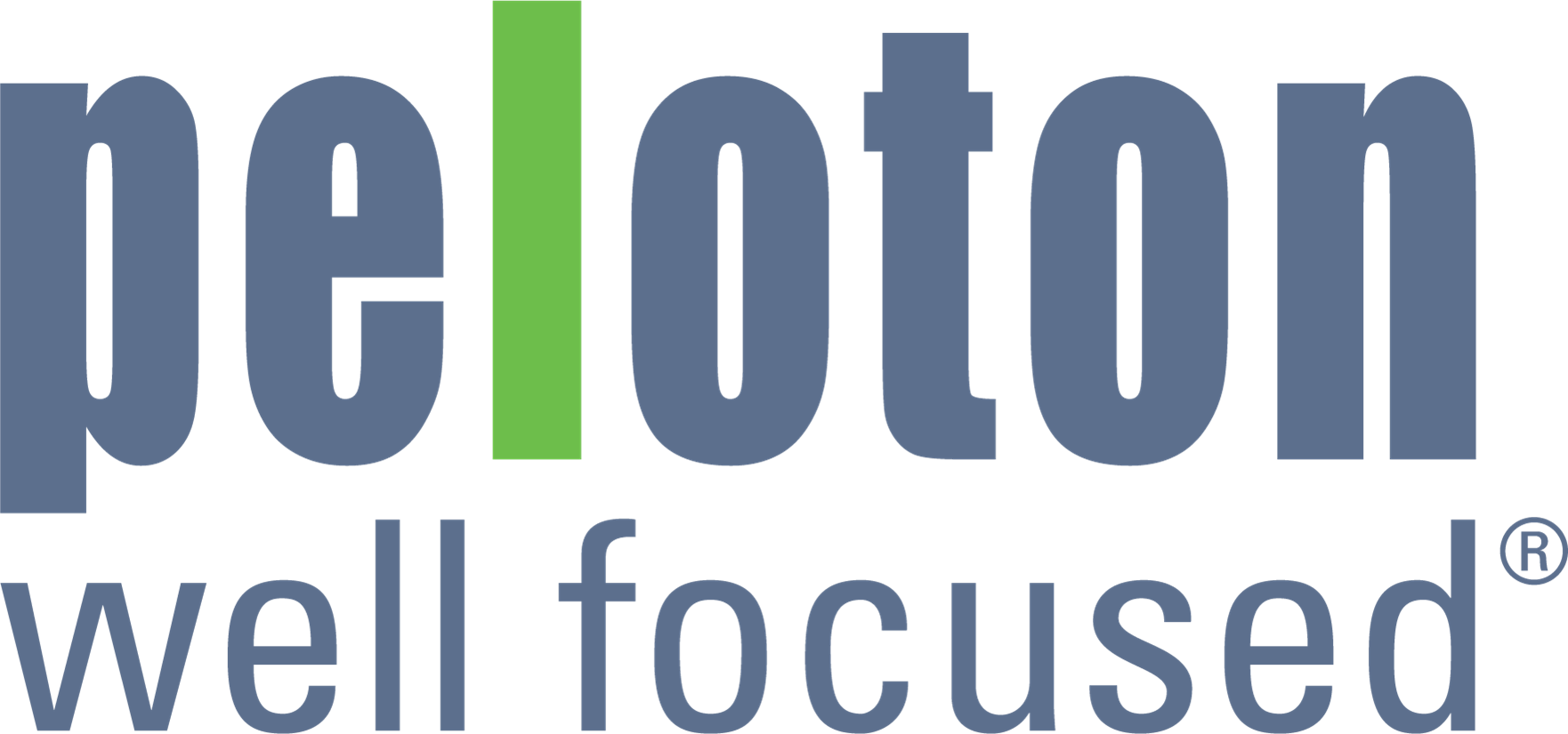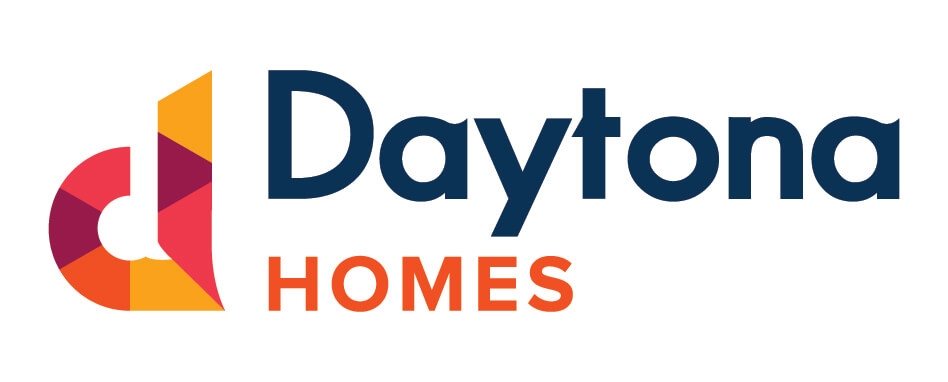When Amber’s youngest son Michael asked, “When will I get my cancer Mom?” she knew their household was anything but normal.
Michael was only two when his big brother Luca was diagnosed with brain cancer. Michael didn’t know anything else; he figured everyone got cancer and his time was coming. Their older sister Natalia was six and she understood more, but seeing Luca, her best friend, battle cancer and its lasting fallout was tough on her.
A child’s cancer will do that to a family. It disrupts childhoods and turns lives upside down. In Luca’s case, cancer just kept taking. Thank goodness you were here, helping Luca and his family rebuild their lives during their cancer journey and beyond.
As a toddler, Luca showed signs of exceptional intelligence. He started speaking early and acquired a massive vocabulary. Luca’s doctor was sure he was gifted, which floored his mother Amber, “He’s only eight months old, how can you possibly know that?”
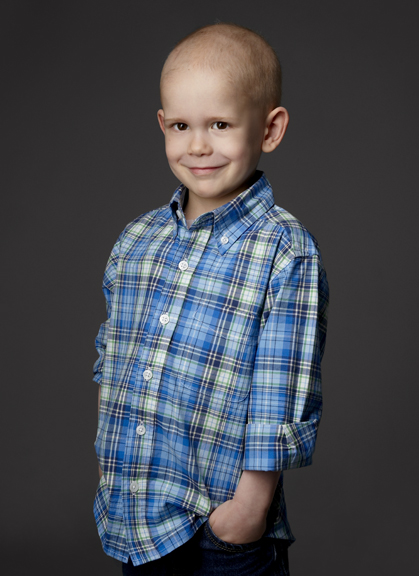
While the other kids were playing outdoors, two-year-old Luca spent hours at the computer, exploring sites on volcanoes. By age four, he was asking his mother about university. Eventually, Luca’s parents Amber and Ernesto enrolled Luca in a school for gifted children.
Then everything changed.
A diagnosis that changed everything
After months of dizziness, nausea and weight loss, Luca was diagnosed with anaplastic medulloblastoma, a highly aggressive brain cancer.
Following an eight-hour brain surgery, which didn’t go well, “Luca spent the next week in intensive care in a kind of pain I didn’t even know existed,” says Amber.
He endured six rounds of high-dose chemotherapy, interspersed with three stem cell transplants, which also required high-dose chemo.
Stem cell transplants are high-risk procedures that demand extreme isolation and round-the-clock care. It is a major commitment for the family. Destroying cancer cells with high-dose chemo, a stem cell transplant essentially takes the child right up to death’s door before rebuilding with healthy cells. Luca had three stem cell transplants.
“He threw up all day, every day, for seven months.”
AMBER
Shortly after his last chemo treatment, Luca relapsed and he would go through it all over again. This time, the family flew to Houston, Texas where Luca received proton radiation at the MD Anderson Cancer Center.
The hope was that the proton therapy would be less damaging to his brain.
By the time he finished the second protocol, Luca’s little body was completely spent.
“Mommy, if this is going to be my life, I don’t want it.”
LUCA
Your gifts can help kids survive and thrive — in body, mind and spirit
through exercise therapy
With your generosity, Luca was able to attend our PEER exercise program to regain his energy and rebuild his strength and balance. To this day, he still fatigues easily, but “Exercise helps,” says Amber. “PEER was instrumental in getting him back to school and normal again.”
Although Luca’s treatments finished over a decade ago, his cancer journey is far from over.
“Just as we figure out a problem, a new one, or a few more, pop up,” says Amber. “We still see specialists every three months. I don’t think we’ll ever graduate to annual follow-ups because his health is just too complicated.”
through tutoring
One day, Amber received a call from the school telling her that Luca was experiencing double vision. A visit to the doctor, revealed that Luca was experiencing a brain bleed due to a condition called cavernoma. Also known as cerebral cavernous malformations, the condition involves abnormal clusters of small blood vessels in the brain or spinal cord that create wide caverns of slow-flowing blood.
Symptoms of cavernoma can range from headaches to seizures to paralysis, or balance, vision, speech, and memory problems. Luca has 20 of these caverns, which caused double vision and a serious brain bleed that required surgery. A severe brain bleed can cause stroke. The caverns grow and change over time, so there is nothing they can do to treat it.
“We just wait and hope they never cause problems again.”
AMBER
While Amber and Ernesto tried to give Luca the best possible outcome by going to MD Anderson for proton therapy, it damaged his brain. Luca now has acquired ADHD and has complex learning issues. He requires constant cuing and requires a full-time aide at school.
“He went from being gifted and ahead of his peers to falling behind,” says Amber.
Thanks to your generosity, Luca receives support from a tutor who understands cancer-related learning challenges. “He loves Mackenzie,” says Amber. “I can hear him laughing and having fun during their sessions. It’s helped reduce my stress and I didn’t have to educate Mackenzie about all his late effects because Kids Cancer Care does that.”
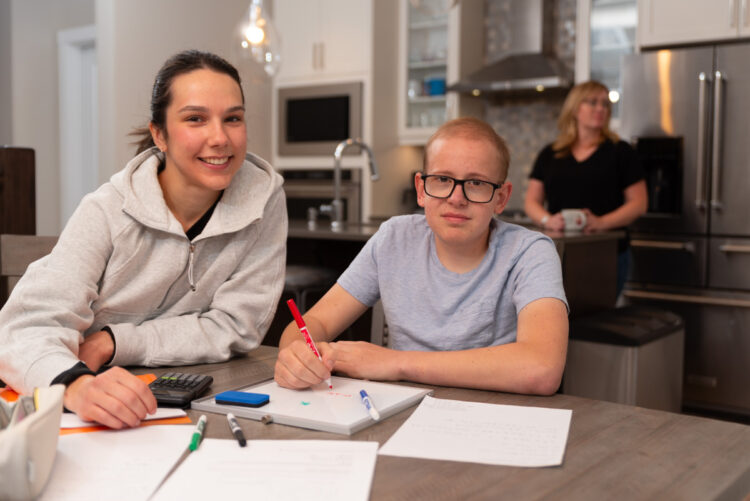
through camp
The gap between Luca and his peers grows wider each year and he sees it. He requires constant care and will never be able to live independently.
After six years of daily growth hormone injections, Luca recently learned that his growth plates have fused, and he has stopped growing. He will be five feet forever. His hair never grew in completely and he’s had double cataract surgery.
“People stare, not from malice but from concern. They wonder what happened to him.”
AMBER
Natalia and Michael both help with Luca’s care. “They have grown into such caring and compassionate people,” says Amber.
Still, they’re only kids themselves and sometimes they need a break too. Thanks to your support, Luca and his siblings get a break each summer at Camp Kindle.
“I have found lifelong friendships with people who truly understand me, and what my family has been through,” says Natalia. “We are so lucky to have a place to leave our stories and create new ones, away from the hospital.”
Michael agrees: “This camp is a big part of my life, through the friends I make every year, or the things I do every year. Camp really helps my brother Luca in so many ways. When I watch him trying new things, and making friends, it puts a smile on my face and a very big smile on his. I’m so, so thankful for what camp has helped him with. It has helped him bring out his real self.”
Childhood cancer survivors are 57% more likely to struggle with depression and 27% more likely to struggle with anxiety.
A. LEE, C. LOW, C. YAU, ET. AL
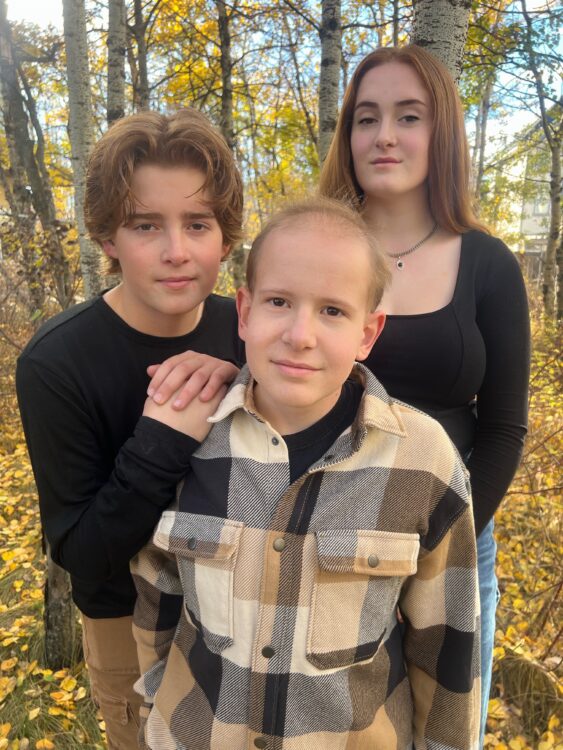
As the Stamile kids suggest, camp isn’t only about fun and adventure. It helps kids affected by cancer build skills, friendships, and resilience essential to their mental and physical well-being.
Childhood cancer survivors are 57% more likely to struggle with depression and 27% more likely to struggle with anxiety.* Luca is no exception. He’s been diagnosed with PTSD and struggles with depression and anxiety.
Being at camp, seeing old friends, making new friends, and simply enjoying a sweet slice of normal helps all the Stamile kids.
“I love camp,“ says Luca. “I love everything about it, the activities, the friendships, the counsellors. My dream is to be a camp counsellor one day.”
* Lee, A., Low, C., Yau, C. et. al. (2023, June 22). “Lifetime Burden of Psychological Symptoms, Disorders, and Suicide Due to Cancer in Childhood, Adolescent and Young Adult Years: A Systematic Review and Meta-Analysis.” JAMA Pediatrics. https://jamanetwork.com/.
